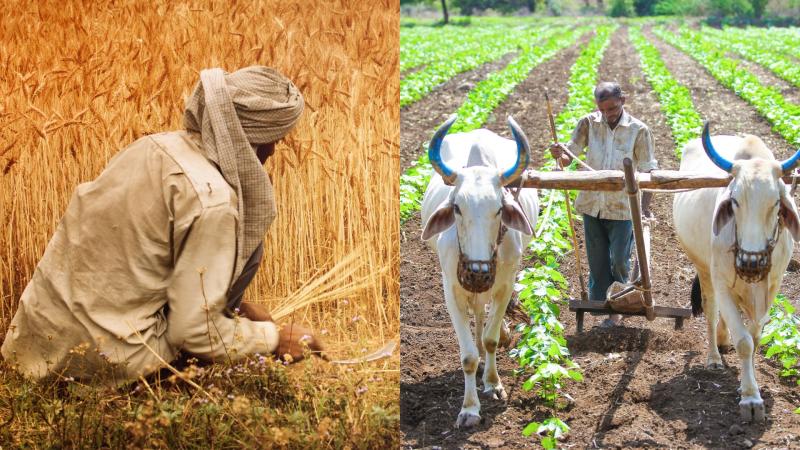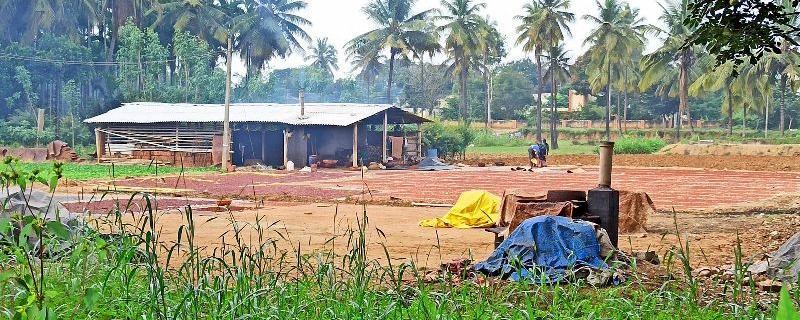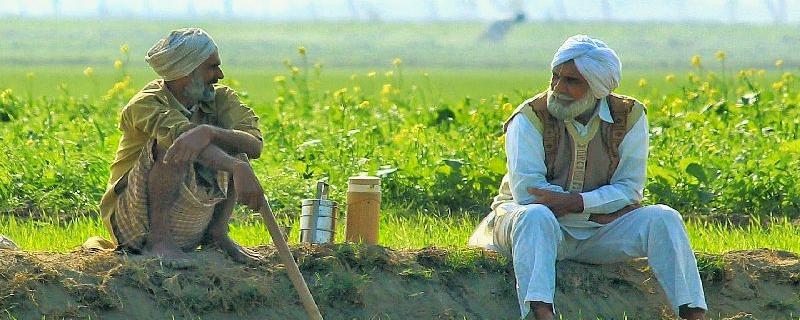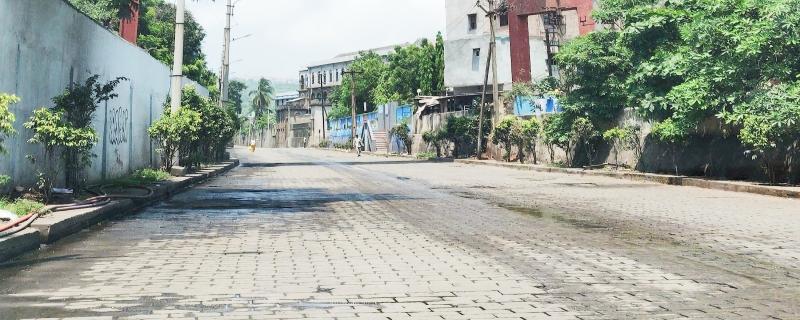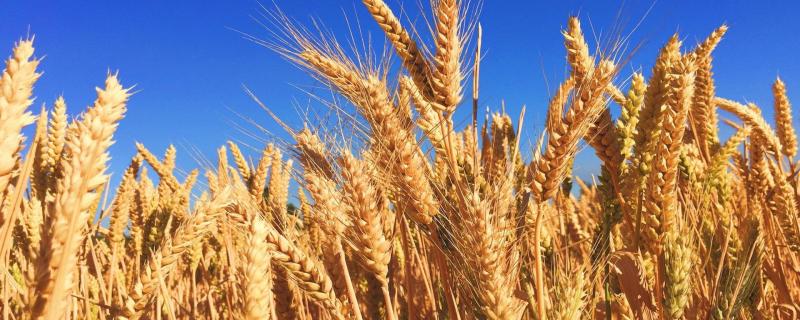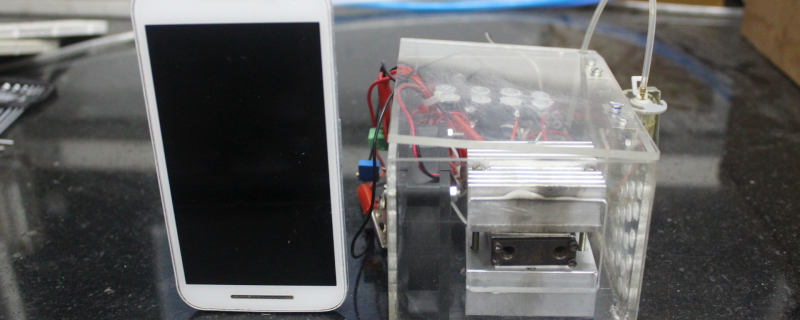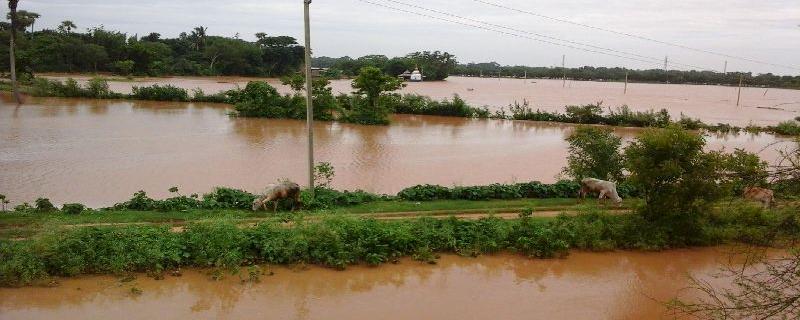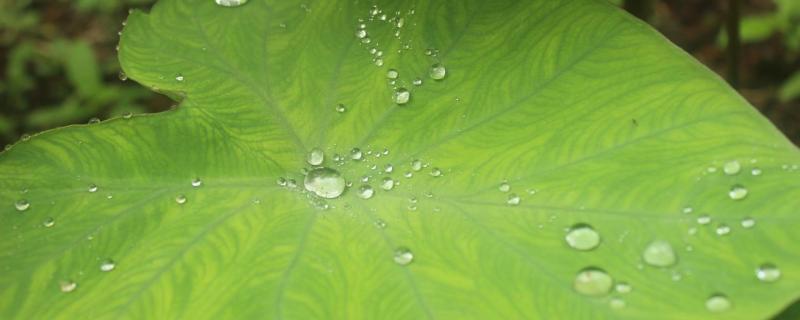New research shows that rural and urban regions of India face similarly high health risks due to air pollution.
IIT Bombay
Scientists survey rural areas of Maharashtra for the most suitable agricultural strategies in the face of climate change
Road monitoring system from IIT Bombay can classify road quality surface using crowdsourced data.
Researchers use radar data from satellites to estimate parameters that determine the growth of soy and wheat.
Scientists around the world have been actively looking for eco-friendly alternatives to conventional chemical-based batteries. In one such effort, researchers at the Indian Institute of Technology Bombay (IIT Bombay) have designed a micro-combustor that is efficient and environment-friendly. The study, funded by the Science and Engineering Board (SERB) and Department of Science and Technology (DST), has been published in various journals including Applied Physics Letters, Energy Conversion and Management, and Applied Energy.
Scientists use a combination of global and local data to predict flood hazard in risk-prone villages.
In a recent study, researchers from the Indian Institute of Technology Bombay (IIT Bombay) have examined how the structure of leaves of the taro plant (Colocasia esculenta) helps in repelling water.
New theoretical work demonstrates how sequentially captured images of electrons can be used to show the evolution of electron movement
Researchers show strange patterns in the flow of soft polycrystals
An emerging way to treat cancer is immunotherapy, where the patient’s immune system is strengthened to attack cancer cells. It is less painful than surgery, chemotherapy or radiation therapy, and is known to lower the relapse of cancer. Now, researchers at the Indian Institute of Technology Bombay (IIT Bombay) have developed a patented technology to leverage the patient’s immune system to cure cancer.
